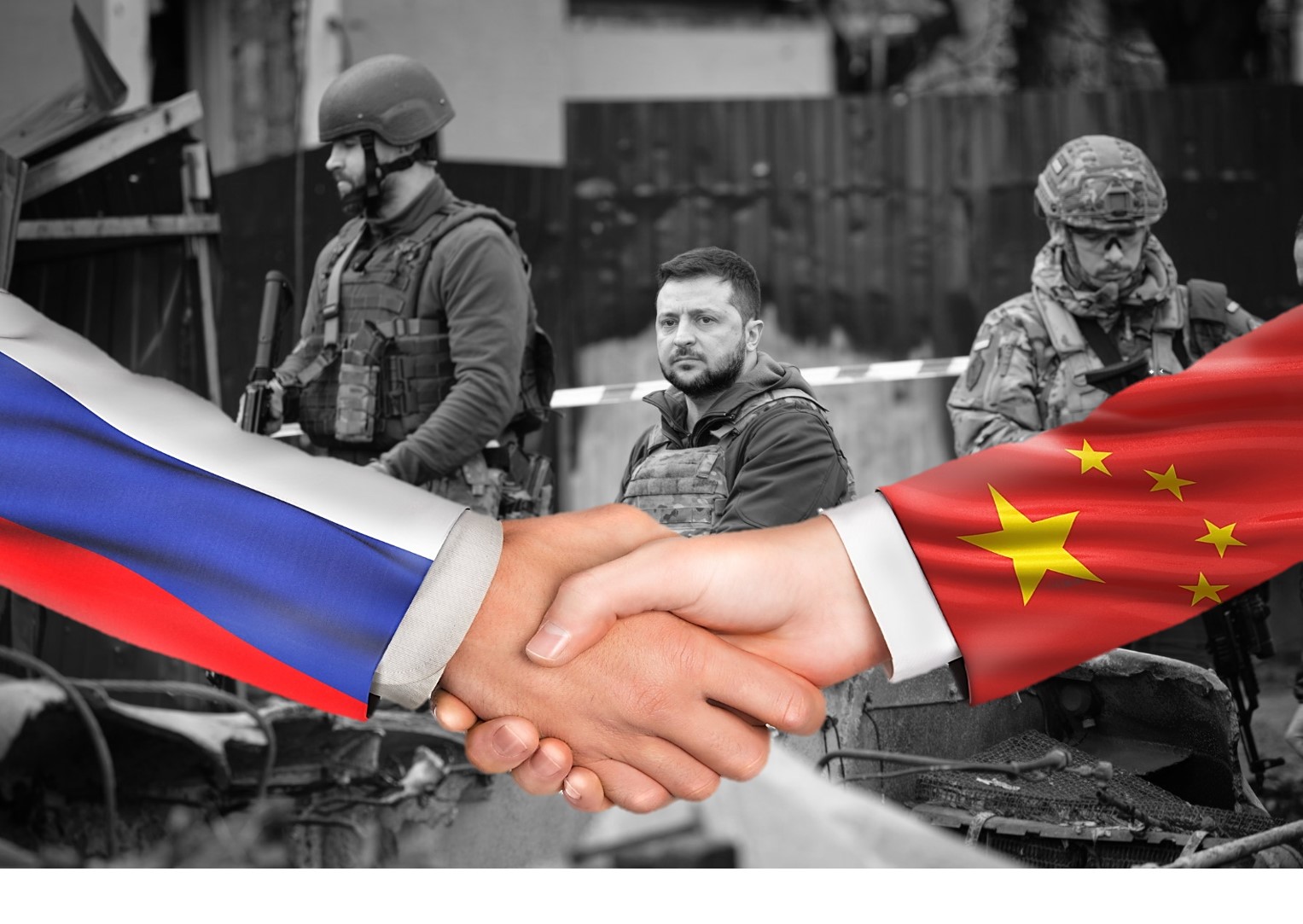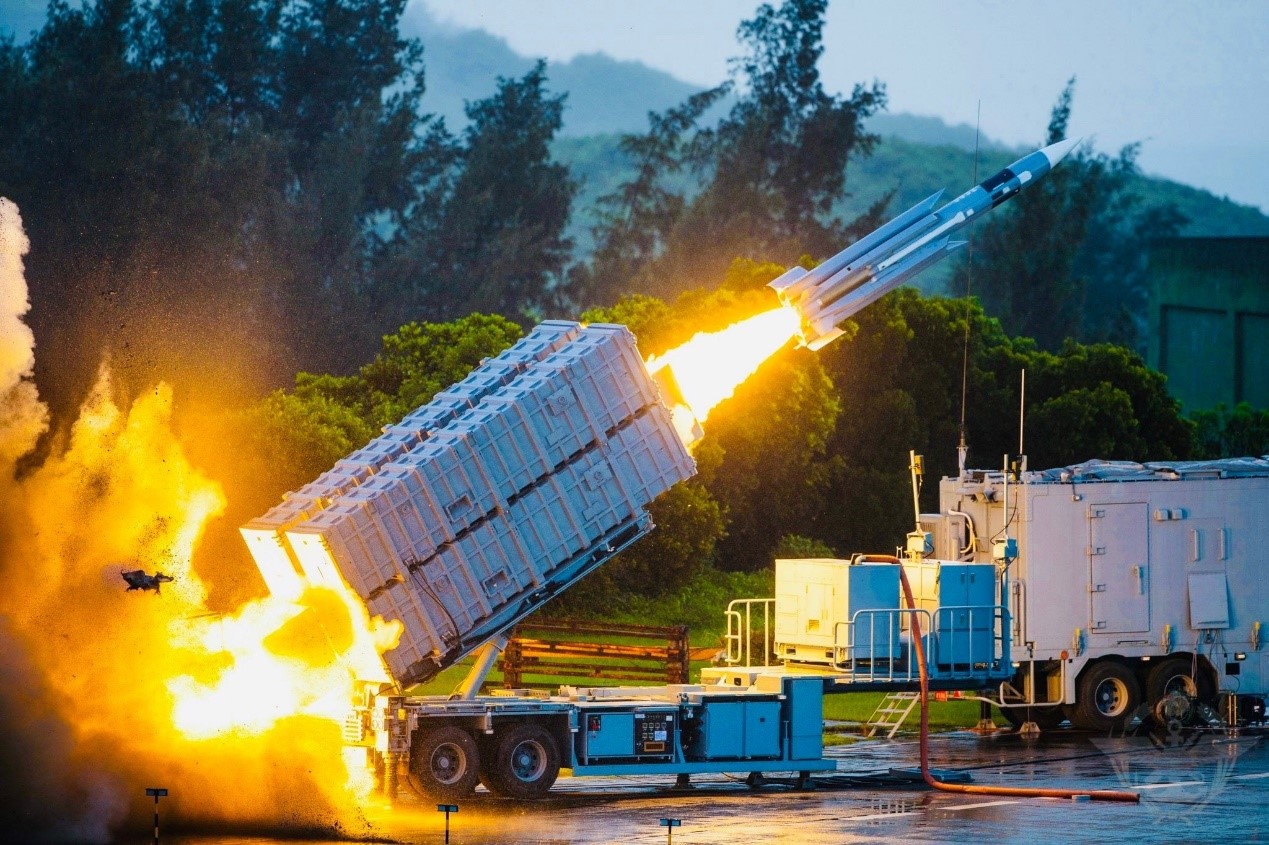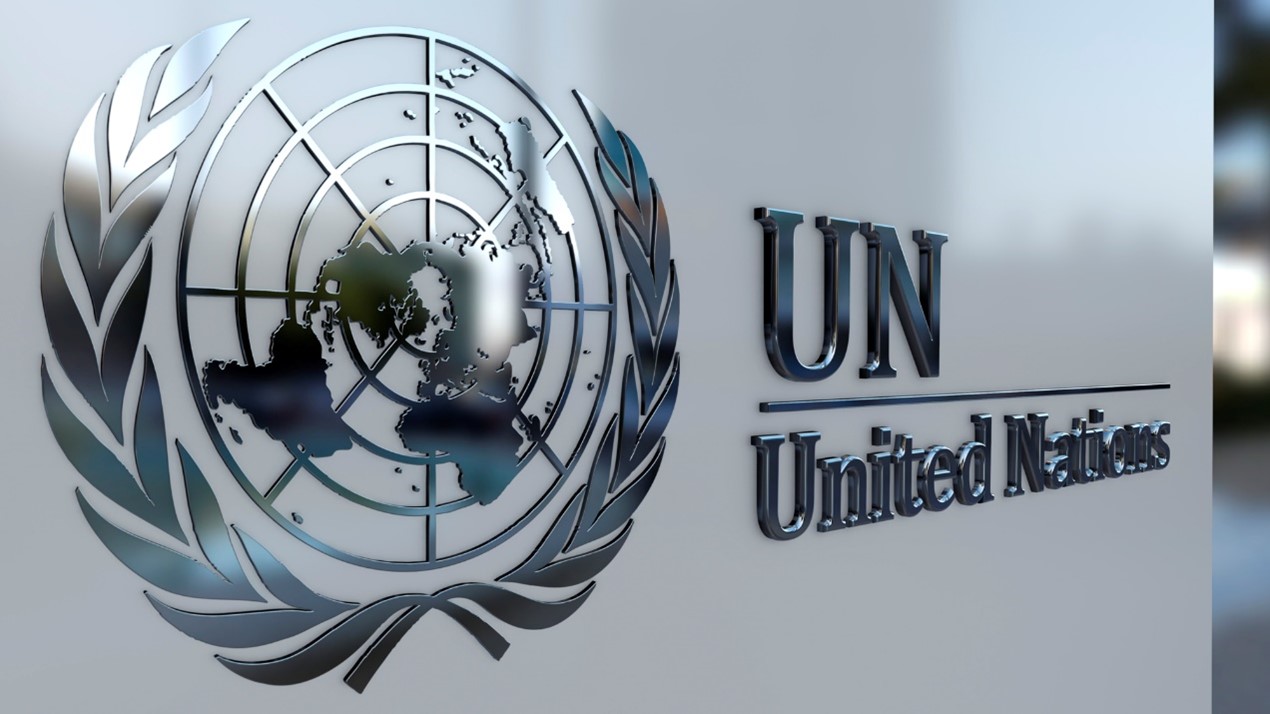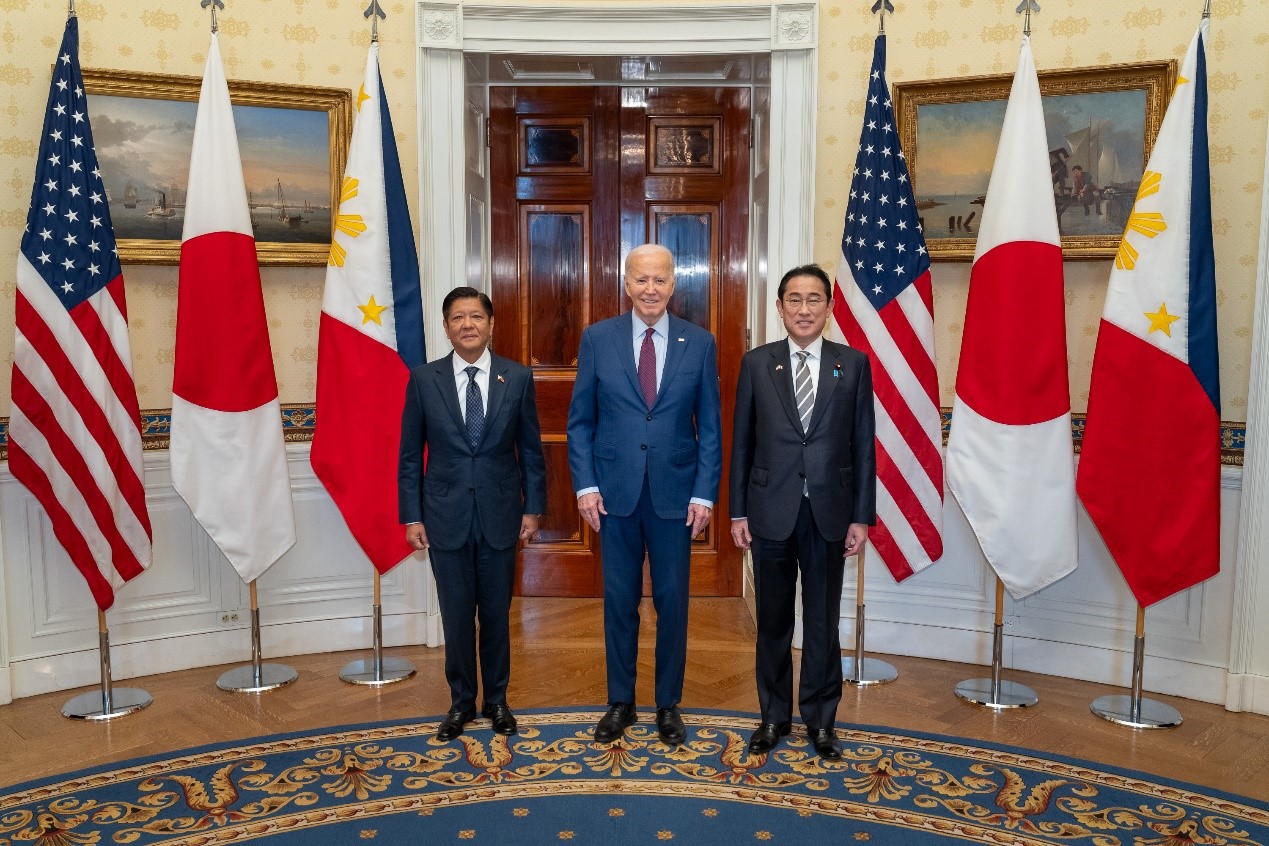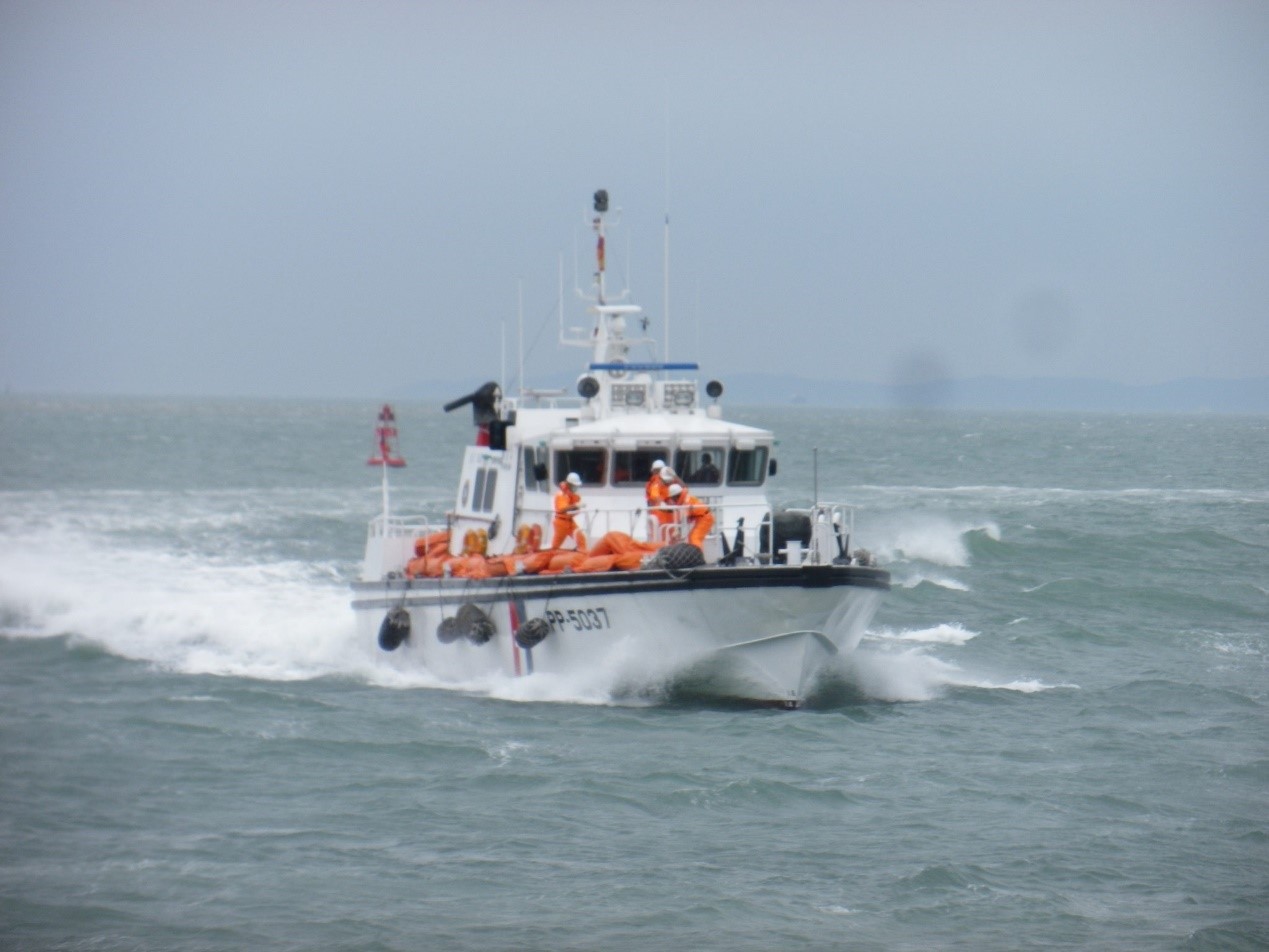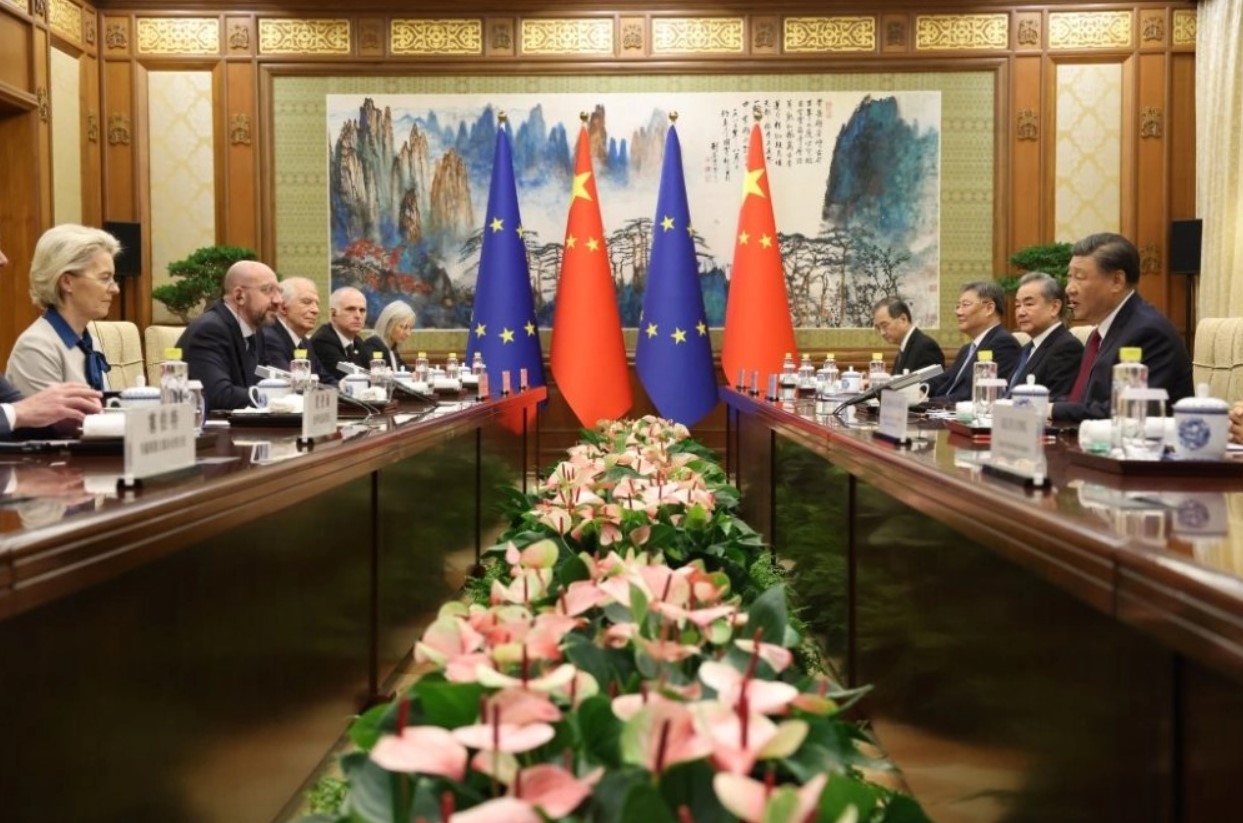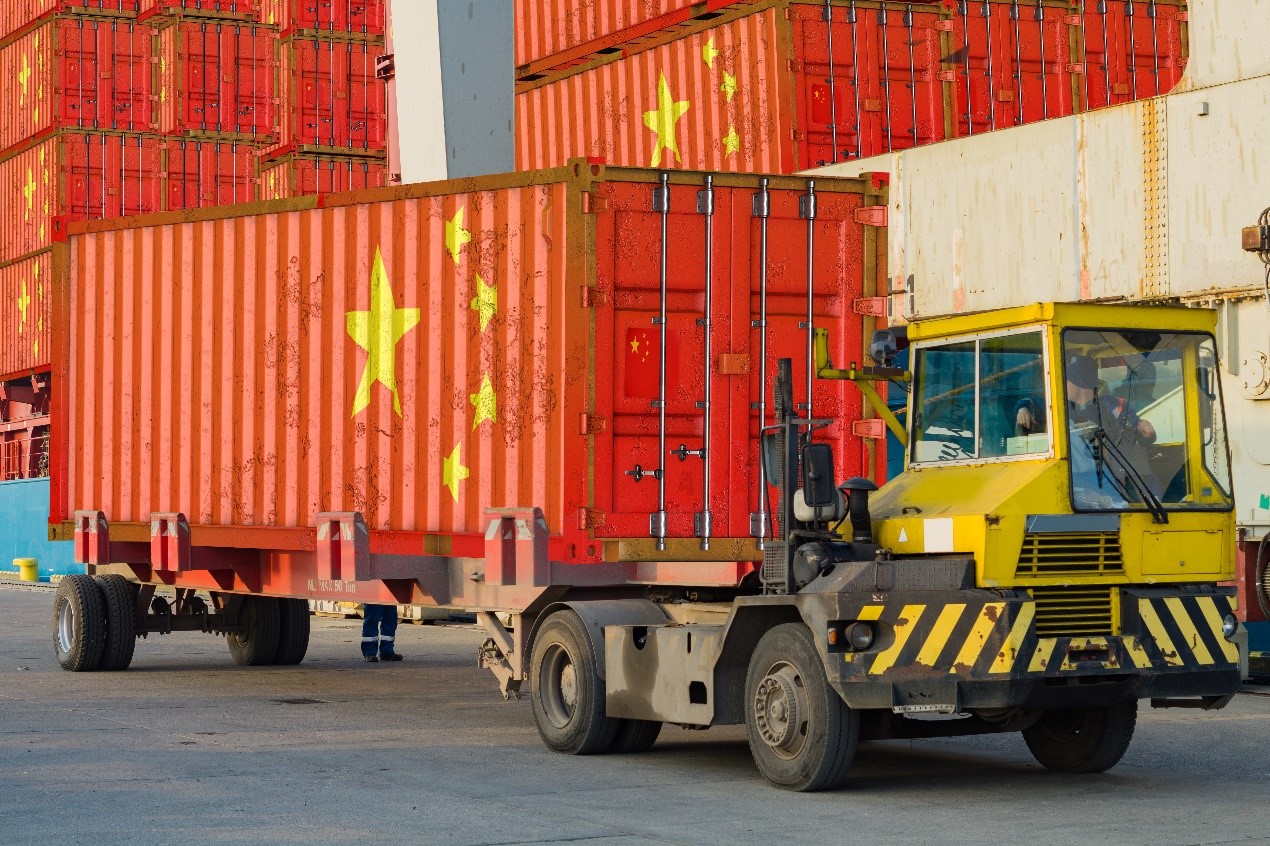The lessons from the Russo-Ukrainian War offer valuable insights for Taiwan as it prepares for potential challenges. These lessons encompass issues of surprise, prevention of piecemeal takeover, defensive preparations, counterintelligence, prevention of state collapse, and understanding the adversary's military doctrine and blind spots. Picture source: Depositphotos.
Prospects & Perspectives No. 57
The Ukraine War:
Lessons in Preparedness for Taiwan
By Danny Orbach
The Russian invasion of Ukraine in February 2022 has reshaped our perspective on armed conflict. It has challenged the prevailing belief that future warfare would be dominated by counterterrorism, hybrid warfare, and ethnic conflicts. Instead, it has demonstrated the resurgence of conventional wars between regular armies.
While the belligerents in the Ukrainian War heavily used 21st-century technology, including military drones, many elements of this conflict hearkened back to earlier eras. Notably, trench warfare, reminiscent of World War I, was an essential part of this war. The Russo-Ukrainian War also marks a significant shift in the international order. Of the three primary regional conflicts worldwide, two are active (Israel-Iran and Russia-Ukraine), while one remains not fully active (China-Taiwan). However, all three conflicts are interconnected through U.S. involvement and the implicit support of Iran and Hamas by the Russo-Chinese alliance (and parallel American and Ukrainian support of Israel). This alignment of various conflict axes raises the remote yet unsettling possibility of these three interlinked conflicts uniting into a larger, unforeseeable global crisis.
Lessons for all
As these actors observe each other’s conflicts, a pertinent question arises: What lessons can Taiwan draw from the Ukrainian War to prepare for a potential Chinese invasion? This article briefly explores a few potential lessons. The intention is not to provide detailed tactical advice but to emphasize several overarching strategic insights for observers, analysts, and policymakers.
First and foremost is the issue of strategic surprise. In the Ukrainian war, both the Russians and Ukrainians found themselves caught off guard. The Russians were ill-prepared because they believed that Ukraine was internally weakened and that a regime change in Kyiv would be relatively straightforward without significant resistance. Conversely, the Ukrainians were also caught by surprise by the full-scale Russian invasion, notwithstanding Western warnings. They had assumed that any conflict would be limited to Eastern Ukraine, not a widespread invasion aimed at capturing the capital and significant portions of the country. In the case of Taiwan, achieving strategic surprise is more challenging for China due to the difficulty of concealing an amphibious invasion. However, there is a significant risk that China may proceed incrementally, occupying outlying islands (Kinmen, Matsu, Penghu), constantly placing Taiwan in a dilemma of whether to respond and risk a full-scale war or witness a gradual erosion of sovereignty. In such cases, even mobilization might be considered as a “provocation.” This approach could also allow Taiwan’s allies, like the United States, to downplay warning signs to avoid a devastating war with China over relatively small islands. Nevertheless, China could more easily stage an invasion from a closer point, like Penghu. For Taiwan, the focus should be less on achieving strategic surprise (although early warning is valuable) and more on convincing its allies that each invasion of a Taiwanese island equates to a full-scale invasion.
Geography, networks
In terms of defensive preparations, one of Ukraine’s challenges was its extensive borders with Russia and its ally, Belarus, which complicated the allocation of defensive resources. In contrast, Taiwan has a limited number of suitable invasion beaches. According to some observers, the most vulnerable spot may be the less populated and easier-to-land southwest beaches. With early warnings, Taiwan could fortify all potential landing areas, delaying and disrupting the invasion until assistance from allies arrives.
The Russian invasion of Ukraine also relied on the extensive network of Russian agents within the country, which malfunctioned and disappeared in many areas. These agents were believed to be operating throughout the Ukrainian army and government, but most of them did not act when the invasion began. Taiwan cannot rely on such a miracle. To prevent a similar situation, contingency plans for counterintelligence are of utmost importance. All networks of potential fifth columnists must be disrupted upon receiving early warnings. In regions where the Russian network operated effectively, such as Kherson Oblast, the invading army managed to bypass Ukrainian defensive lines with relative ease.
The initial days of the Russo-Ukrainian war underscored the issue of state collapse when faced with an overwhelmingly stronger adversary, resulting in the disintegration of state institutions. In such situation, there is a domino effect of hurried escape, as nobody wants to be the last to stay behind. Ukraine initially exhibited signs of state collapse in the first three days of the war, but it was able to reverse the trend due to decentralized command structures, resilience at various levels, and flexibility in its state apparatus. Russia attacked the military communication system in the first days of the war to hasten this collapse. Luckily, Ukraine had an alternative communication system prepared in advance. Reversing the process of state collapse is a rare feat, as it is usually irreversible once it begins (notable examples would be South Vietnam in 1975 and Afghanistan more recently). For Taiwan, promoting a decentralized system of command and control, training military and civilian officials accordingly, ensuring redundancy in communication systems, and setting an example for leadership can be crucial. Like in Ukraine, the decision of the leadership to remain in the embattled capital is crucial in preventing a state collapse.
Doctrine and the ‘fog of war’
Finally, understanding an adversary’s military doctrine and identifying potential blind spots is crucial. In times of war, commanders and soldiers often rely on their trained patterns of behavior based on their military doctrine. Even when such behavior leads to disaster due to changed circumstances, it can be challenging to alter it in moments of crisis, especially in armies not accustomed to improvisation (think of the Japanese Navy at the Battle of Midway, for example, or the Egyptian Army in 1967). The Russian case during the Battle of Kyiv exemplified this, where new communication systems performed poorly, and Russian forces behaved according to preconceived doctrines. The result was the long, cumbersome convoy to Kiev that the Ukrainians were able to disrupt after their victory in the Battle of Hostomel Airport.
Unlike the Russian Army, the People’s Liberation Army (PLA) is untested in war. Its last conflict, with Vietnam in 1979, was both small-scale and not particularly successful. Therefore, many Chinese doctrines, especially those relying on cutting-edge technologies like AI, may be disrupted by the fog of war. It is the task of Taiwanese planners to find the blind spots in PLA doctrine and locate ways to disrupt them, instilling confusion and encouraging self-defeating behaviour in the invading army.
In summary, the lessons from the Russo-Ukrainian War offer valuable insights for Taiwan as it prepares for potential challenges. These lessons encompass issues of surprise, prevention of piecemeal takeover, defensive preparations, counterintelligence, prevention of state collapse, and understanding the adversary's military doctrine and blind spots, all of which are vital for effective preparedness and response in the face of an invasion.
(Danny Orbach is Associate professor in general history and East Asian studies, the Hebrew University of Jerusalem.)



